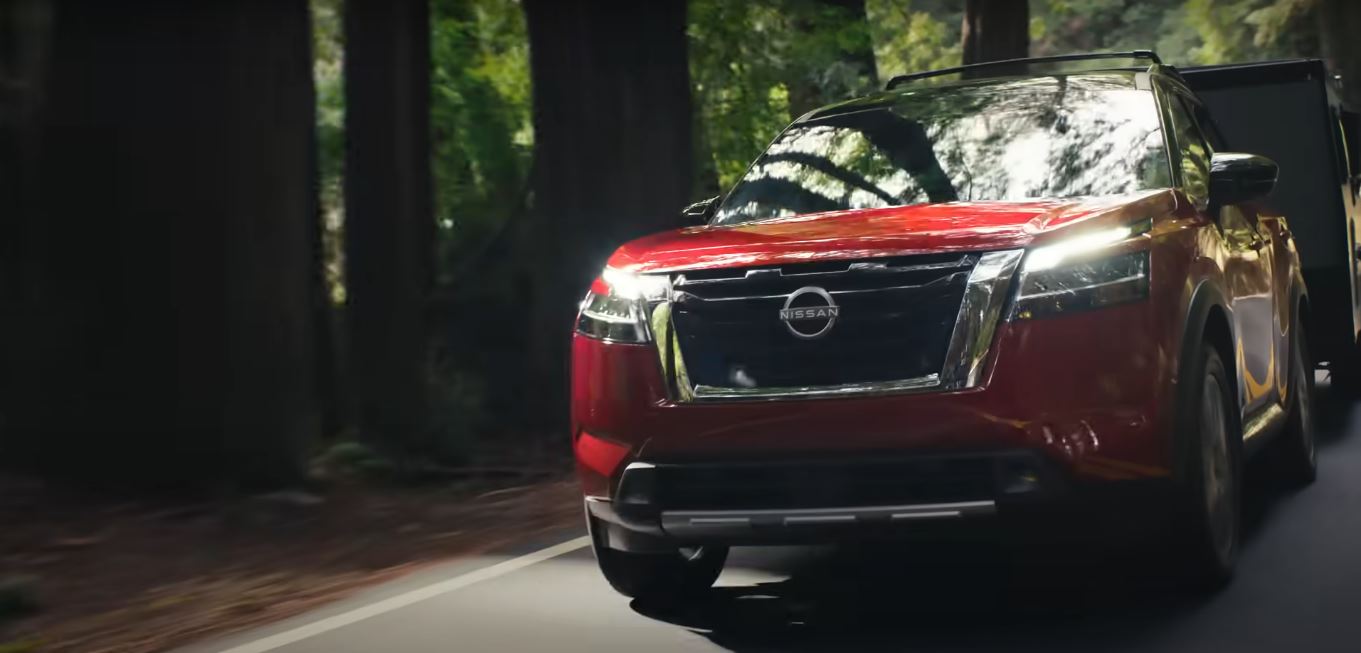It sometimes seems like there’s news about a significant car recall every other day, involving everything from malfunctioning airbags and seatbelts to broken pedals.

Approximately 48,000 Nissan Sentra, Nissan Pathfinder, and Infiniti QX4 owners in Canada are affected by a recall that Nissan issued on Wednesday, cautioning owners to “do not drive” their vehicles.
A spokeswoman for Nissan stated that the recall relates to these models.
As to the spokesperson, the recall was a component of a wider effort that commenced in 2017 with the aim of informing drivers about the dangers of operating cars with faulty airbag inflators manufactured by Takata and encouraging them to “urge drivers to complete the free recall repair.”
When an automobile has a “do not drive” notice, it should not be driven until the recall is over and the faulty parts have been changed.
Since the beginning of 2024, there have been over 680 vehicle recalls, according to a Transport Canada recall database.
These recalls have affected a wide range of vehicles, including heavy-duty semi-trailer trucks, private passenger automobiles, and school buses. According to a report the agency released this summer, there were 6.6 million “unsafe” cars on Canadian roads due to unresolved safety recalls; older cars were more likely to be included in this group.
The Yellowstone’s Hassie Harrison and Ryan Bingham get married in Texas
The dilemma of whether you must bring your car in for a recall or, if your model permits, if you can update the car remotely arises as automotive technology advances.
This is all the information you need to know about Canada’s recall system, including how to make sure a safety recall isn’t due for your vehicle.

What liability does the manufacturer have? As mandated by federal law in Canada, automakers have sixty days from the time they discover a problem that may jeopardize a person’s safety to notify car owners in writing of a recall.
The owner must be informed of the fault and any potential safety hazards via the safety recall notice, which should also explain how to resolve the problem and include a list of steps the owner can take to reduce risk until the fix is finished.
Transport Canada emailed CBC News to clarify that neither the [Motor Vehicle Safety Act] nor its regulations place any time constraints on a company’s need to have a solution ready at the moment a defect is reported.
Each notice’s details are also made available by Transport Canada in the Motor Vehicle Safety Recalls Database.
The Recalls and Safety Alerts system run by the Government of Canada also disseminates information about these recalls.
How can you discover if there has been a recall for your vehicle? While it is the manufacturer’s responsibility to contact drivers whose vehicles have been recalled, Kristine D’Arbelles notes that they frequently lack up-to-date information.
“If you look at the Canadian system and how people purchase cars, manufacturers very rarely actually have a customer list because their vehicles are sold through a dealership network, and those dealerships are separate owned companies,” D’Arbelles stated.
An additional obstacle is the substantial used automobile industry in Canada, where consumers purchase cars via dealerships, Kijiji, and Facebook Marketplace.
This means that the name and contact information associated with a vehicle may be out of date, making it impossible for a manufacturer to contact the car’s current owner.
That is one of the reasons CAA has asked Transport Canada to create a database where drivers may enter their vehicle identification number (VIN) to check for recalls.
Like Nissan, many major automakers, including Toyota, Ford, and General Motors, have VIN look-up capabilities on their websites, including Carfax Canada.
D’Arbelles recommends that drivers check their car’s recall status on a frequent basis.
Businesses without that particular tool may allow you to look up the brand, model, and year of your car.
However, the result may advise you to travel to the closest dealership to check if your vehicle is affected.
“I wouldn’t suggest that someone complete that task every week or even every month. Perhaps it’s each time you get an oil change or have a checkup done on your car,” D’Arbelles suggested.
Are recalls happening more frequently? In order to determine whether the growing popularity of electricity-powered vehicles resulted in any notable safety recall trends, a team comprising an engineering specialist from the University of Waterloo studied recall processes in Canada, the United States, and the United Kingdom.
“We saw a clear trend away from recalls due to mechanical failures, to recalls due to software and software defects, and this is absolutely understandable,” said Sebastian Fischmeister, a professor in the department of electrical and computer engineering at the University of Waterloo.
Approximately 100 computers are located within a motor vehicle to regulate various vehicle operations.
Additionally, the quantity of computers or computer functions in cars will rise dramatically as automation and autonomy expand.
This inevitably leads to a situation where more problems are caused by software and fewer by mechanical issues.
This inevitably leads to a situation where more problems are caused by software and fewer by mechanical issues.